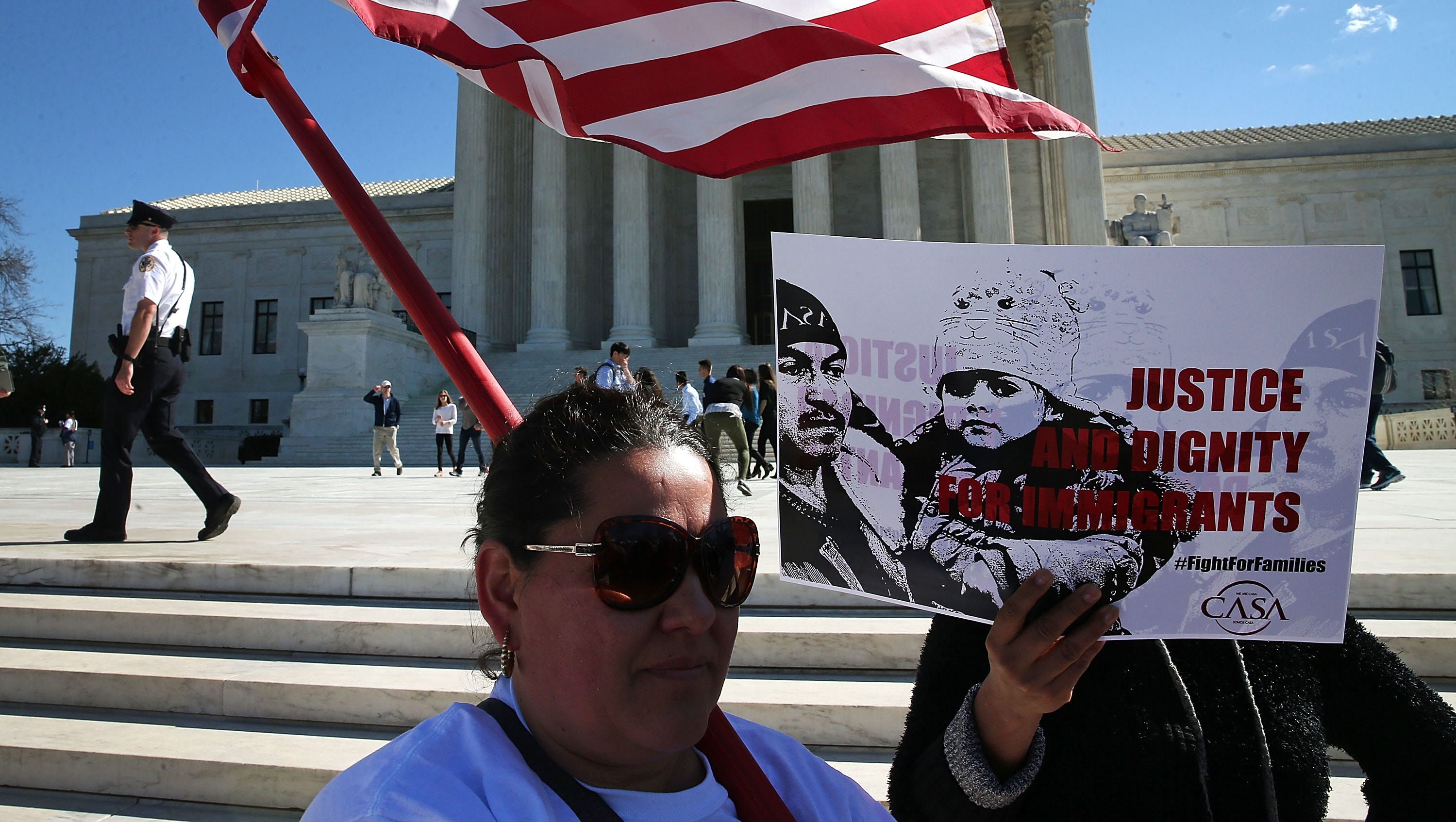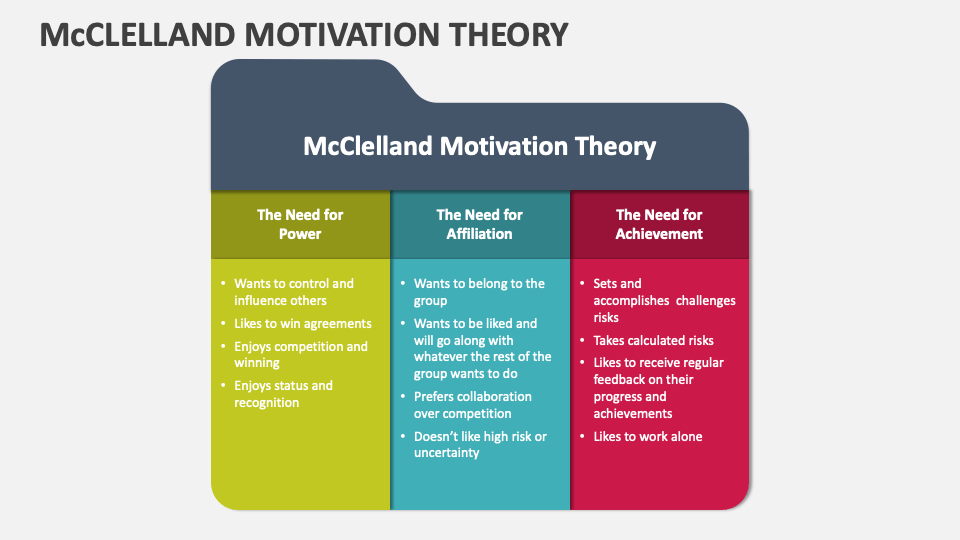Trump Administration Considers Curbing Migrant Detention Appeals

Table of Contents
Proposed Changes to the Migrant Detention Appeals Process
The existing system for migrant detention appeals in the US, while complex, generally allows detainees to challenge their detention through various legal avenues. They can appeal decisions made by immigration judges, seek habeas corpus relief, or pursue other legal remedies. However, the Trump administration explored several proposals designed to significantly curtail these avenues of appeal, effectively limiting access to justice for detained migrants.
The proposed changes under consideration included:
- Limiting Grounds for Appeal: Narrowing the circumstances under which a migrant could legally appeal their detention. This could significantly reduce the number of successful appeals.
- Reducing Appeal Timeframes: Imposing stricter deadlines for filing appeals, potentially preventing individuals from adequately preparing their cases or securing legal representation.
- Increasing the Burden of Proof: Shifting the burden of proof to the detainee, making it substantially more difficult to demonstrate the validity of their asylum claim or other legal grounds for remaining in the US.
These proposals, if implemented, would have drastically altered the landscape of immigration appeals, potentially leading to a dramatic decrease in the number of successful appeals and a faster processing of deportations. Anticipated legal challenges centered around the constitutionality of such restrictions and their potential violation of due process rights.
Impact on Migrant Rights and Due Process
The proposed changes to the migrant detention appeals process raised serious concerns regarding the fundamental rights of detained migrants and the principles of due process. The potential ramifications are deeply troubling:
- Limited Access to Fair Hearings: The proposed restrictions could severely limit migrants' ability to present their cases fully and fairly, potentially leading to unjust deportations.
- Reduced Access to Legal Representation: Shorter appeal timeframes and increased burdens of proof could make it significantly harder for migrants to secure adequate legal representation, leaving them to navigate complex legal proceedings alone.
- Increased Deportations of Individuals with Valid Claims: Many fear that these changes would lead to the deportation of individuals with legitimate claims for asylum or other forms of protection, potentially exposing them to harm in their home countries. This directly impacts the human rights of vulnerable populations.
These potential consequences highlight the critical need for a fair and equitable appeals process that upholds the fundamental rights of all individuals, regardless of their immigration status.
Political and Legal Reactions to the Proposed Changes
The Trump administration's proposals to curb migrant detention appeals drew sharp criticism from various sectors, creating a significant political and legal backlash.
- Government Support: Supporters of the changes argued that they were necessary to streamline the immigration system, deter illegal immigration, and improve national security.
- Opposition and Legal Challenges: Human rights organizations, immigration lawyers, and opposition political parties vehemently opposed the proposals, citing concerns about due process violations, human rights abuses, and the potential for unjust deportations. Several lawsuits were filed challenging the legality of similar policies, setting a precedent for future challenges. These legal battles highlight the inherent tension between executive action on immigration and judicial review.
The Role of the Courts in Shaping Immigration Policy
The judiciary plays a crucial role in shaping immigration policy. Courts have consistently reviewed administrative decisions related to immigration, striking down policies deemed unlawful or unconstitutional. The history of judicial intervention in immigration cases provides a framework for understanding the potential impact of legal challenges to the Trump administration's proposals.
- Past Precedents: Numerous past court rulings have addressed issues related to immigration detention, due process, and asylum claims, establishing important legal precedents.
- Potential Outcomes: The outcome of any legal challenges to the proposed changes would depend on various factors, including the specific arguments presented, the relevant legal precedents, and the judicial interpretation of applicable laws.
Conclusion: The Future of Migrant Detention Appeals Under Scrutiny
The Trump administration's consideration of policies to curb migrant detention appeals raises significant concerns regarding the rights of detained migrants and the integrity of the US legal system. The proposed changes, their potential impact on due process, and the political and legal responses highlight the complex interplay between immigration enforcement, human rights, and the rule of law. It is imperative to understand these implications and their long-term effects. Learn more about the fight for fair migrant detention appeals, stay updated on the latest developments concerning immigration policy, and advocate for just treatment of migrants facing detention. Upholding due process and protecting the rights of migrants within the legal framework remains paramount.

Featured Posts
-
 Celtics Payton Pritchard A Sixth Man Of The Year Contender
May 11, 2025
Celtics Payton Pritchard A Sixth Man Of The Year Contender
May 11, 2025 -
 Yankees Rout Pirates Judge Homers Fried Dominates
May 11, 2025
Yankees Rout Pirates Judge Homers Fried Dominates
May 11, 2025 -
 Lily Collins Calvin Klein Campaign Photo 5133601 And More
May 11, 2025
Lily Collins Calvin Klein Campaign Photo 5133601 And More
May 11, 2025 -
 Ill House U A Deep Dive Into Neal Mc Clellands Latest House Music Offering
May 11, 2025
Ill House U A Deep Dive Into Neal Mc Clellands Latest House Music Offering
May 11, 2025 -
 Nba Sixth Man Of The Year Payton Pritchard Makes History For The Celtics
May 11, 2025
Nba Sixth Man Of The Year Payton Pritchard Makes History For The Celtics
May 11, 2025
